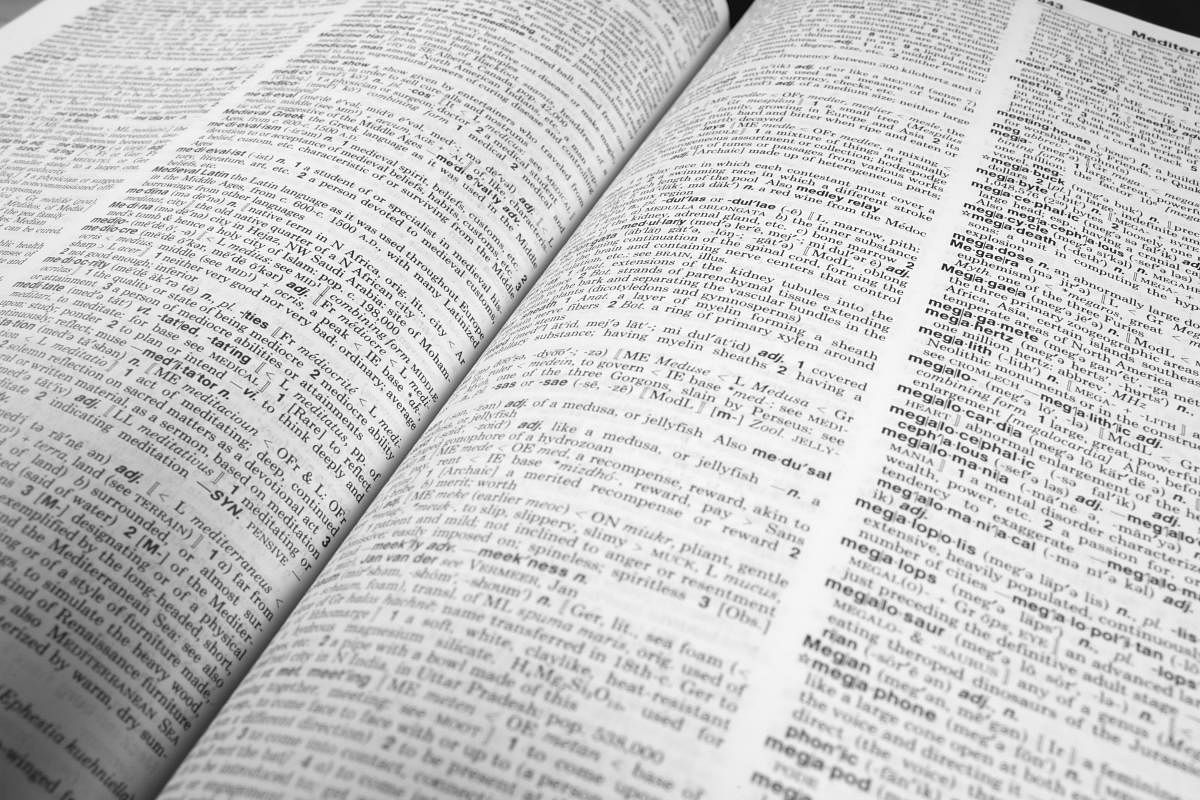
Lest you were living under a rock, you would know that ‘abba’, ‘anna’, ‘surya mamaskar’, ‘tempo’, ‘shaadi’, ‘chawl’, and ‘dabba’ are legit English words now.
They were added to the Oxford English Dictionary (OED) in 2017. But how do some Indian-origin words make it to these fames pages and others don’t? Metrolife asked experts.
Dr Anagha Bhat, coordinator of Russian language, department of foreign languages, Savitribai Phule University, begins, “It is natural that more and more Indian words will find their way into the Oxford dictionary. That’s because the percentage of Indian emigrants to all English-speaking countries is huge and wherever they go, they take their culture and culinary habits along.” In doing so, they lend themselves to the existing English of the region.
Take the case of Chicken Tikka Masala. “The people of England did not use the word (for a long time) because they were not eating Chicken Tikka Masala. But the moment they started having it (and it became popular), they borrowed the word naturally,” she explains.
Madhumitha S, a foreign language specialist, feels that OED is non-technical and that allows for Indian words to find a place.
“The words that are being added are informal, significantly regularly spoken, and are expressed in an easy and friendly manner. I’d call them a ‘collected slang dialect’,” she says.
And so, it’s not the intrinsic merit of the word but how frequently it’s used in media and literature that determines its inclusion in OED.
What this also means is that if an OED word falls off the usage, it faces the risk of deletion.
Technology plays a key role in determining what’s in and what’s not, says Dr Anagha while going on to add, “Earlier, people had to sift through a tremendous lot of printed evidence — from newspapers to brochures and literature manuals. Now, of course, all this is handled by computers and there are algorithms that help you identify the frequency of the usage of a word.”
Madhumitha draws our attention to another aspect of curation. She says the lexicographers scrutinise each lingo or slang word for its meaning and context. A word may be positive in one language and it may be disrespectful in another.
Vidula Tokekar, director of Translation Panacea, disagrees and says, “If a word has a proper origin and its own meaning to it, it need not offend anyone.”
A lot of factors are at play but Dr Anagha is sure about one thing – English will evolve at the intersection of other languages.
“This exchange of words has been taking place forever. The word ‘zen’ comes from ’dhyaan’, ‘shampoo’ from ‘champi’, ‘cowrie’ from ‘cavadi’ and so on,” she illustrates her point.
Interview
Danica Salazar, World English Editor, Oxford English Dictionary
What’s the criteria for including Indian-origin words?
The frequency of usage of a word is the main criterion. We determine this with a language research tool, and a software that identifies the words trending in the English-speaking world and in places where English is spoken as the first or second language.
Sometimes we do crowdsourcing and ask actual users the words we should include in OED.
How are the shortlisted words finalised?
After the words are shortlisted, we as editors find out if these words are used frequently in places we expect to find them.
We have a team of etymologists who give the information about the origin of words and a team of pronunciation experts who write the transcription of words in the international phonetic alphabets. Then the chief editor runs a final check and the words are published.
Anything interesting about Indian-origin English words?
The last project we did for Indian-origin words was in 2017 and we added around 70 words. That’s a big batch! I was struck by the diversity of linguistic influences in India. In India, you have people speaking English alongside one language or two or even three.
How often do you add new words?
Now that the OED is online (oed.com), it’s updated every quarter (March, June, September, and December). These updates include new words and revised entries.
Your thoughts on the diversification of English.
There are old prejudices against
non-prestige varieties of English and I think OED plays a role in taking away these prejudices and putting other varieties of English much more centrally into the history of
English.
Snack on
“The word vada pav has conquered the imagination of the Middle-East. If it becomes more and more popular, you will soon have vada pav in the Dictionary,” feels Dr Anagha.